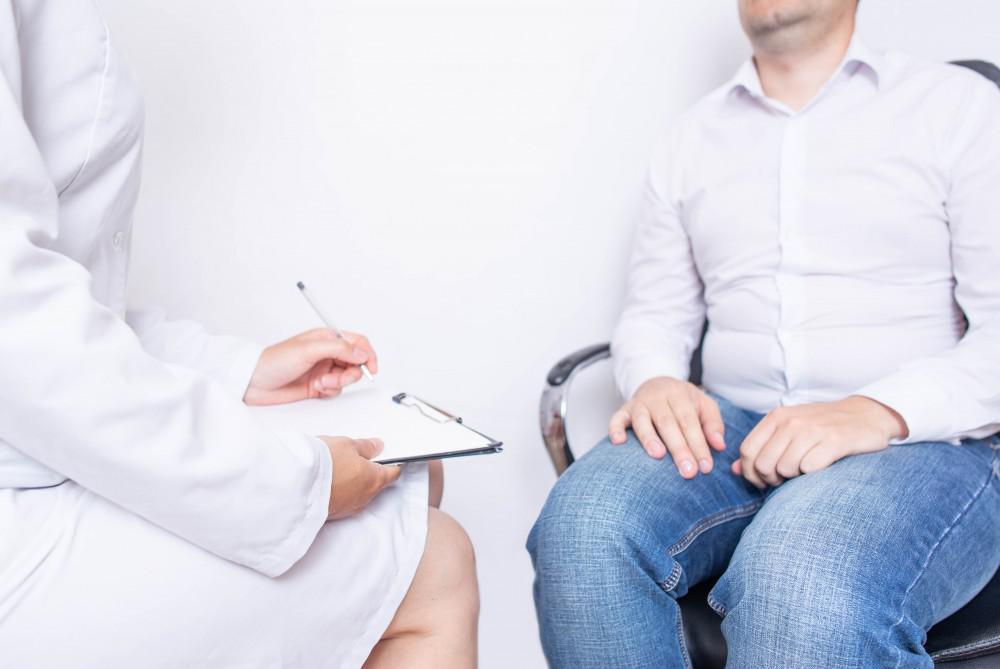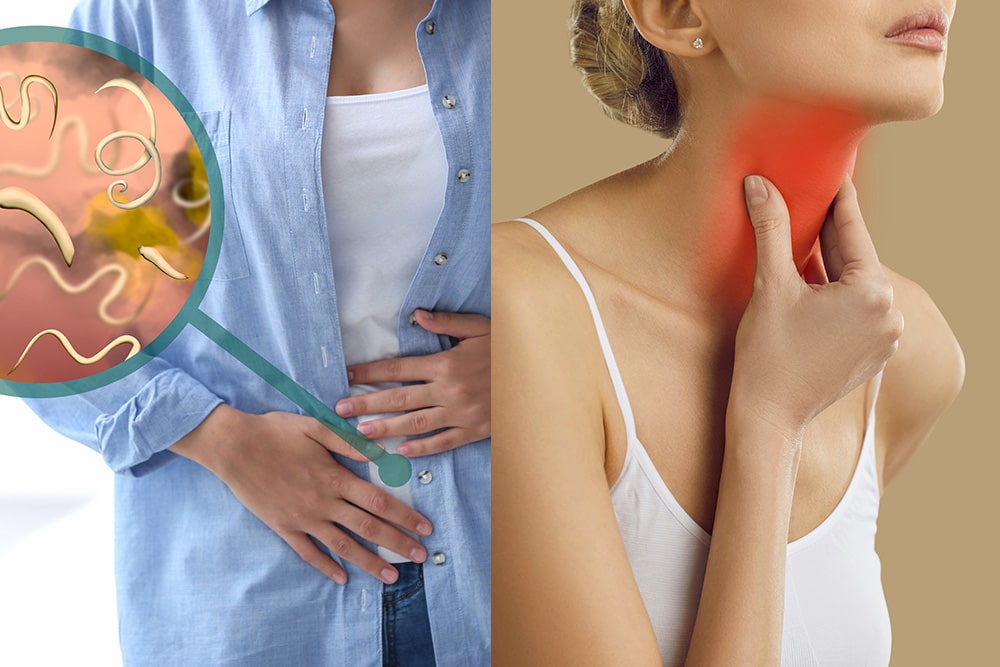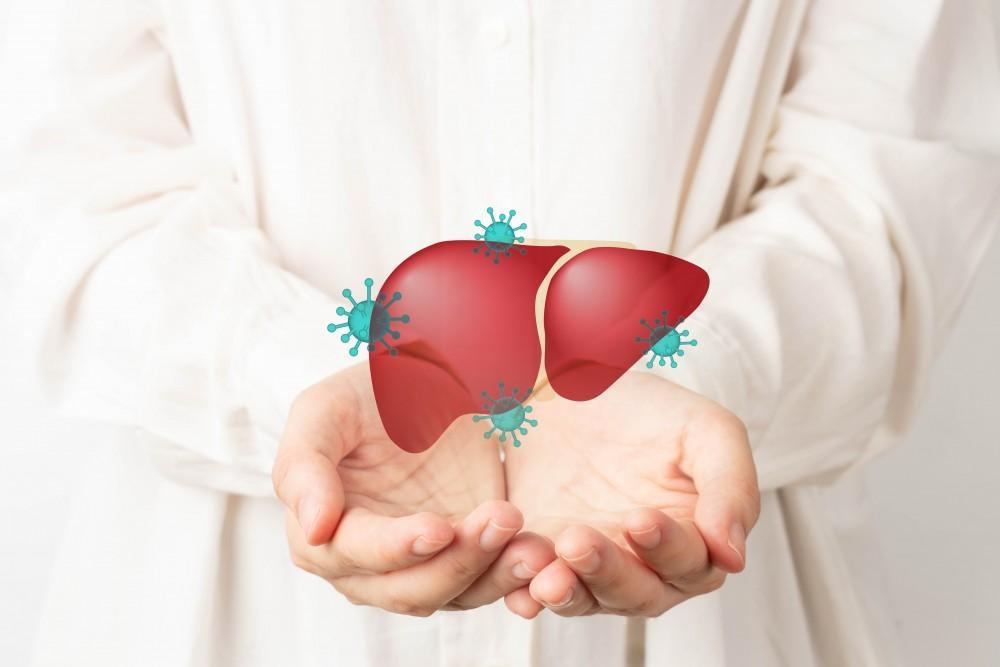What Are Diverticula?
Diverticula are small, bulging pouches that develop in the lining of the colon. When multiple pouches form, the condition is called diverticulosis. If one or more pouches become inflamed or infected, it's known as diverticulitis.
Common Causes and Risk Factors
- Low-fiber diet
- Age-related weakening of the colon wall
- Chronic constipation (increased colon pressure)
- Sedentary lifestyle
- Obesity or overweight
- Smoking
- Frequent alcohol use
- Family history of diverticular disease
Signs and Symptoms
- Often none in early or mild diverticulosis
- Mild cramps or pain, usually in the lower left abdomen
- Bloating and gas
- Changes in bowel habits (constipation or diarrhea)
- Fever and chills (with diverticulitis)
- Increased tenderness in the abdomen
- Blood in the stool (if a pouch bleeds)
Expert Treatment for Diverticula by Dr. Bharat Pothuri
Dr. Pothuri uses a step-by-step approach:
Medical History and Exam
He reviews your symptoms-such as lower abdominal or epigastric pain, bloating, changes in bowel habits-and assesses risk factors like diet, age, and family history.
Blood Tests
We check for signs of inflammation or infection, including white blood cell count and C-reactive protein (CRP).
Imaging Studies
- CT scan of the abdomen and pelvis identifies inflamed or infected diverticula, abscesses, and bowel wall thickening.
- Abdominal ultrasound can detect localized inflammation or fluid collections.
Endoscopic Evaluation
A colonoscopy provides direct visualization of diverticula and rules out other causes of symptoms.
Advanced Testing (if needed)
In recurrent or complicated cases, Dr. Pothuri may order an MRI enterography or specialized endoscopic studies to guide further treatment.
Frequently Asked Questions
What are diverticula?
Diverticula are small pouches that form in weak spots of the colon wall, known as diverticulosis when present without inflammation.
Is diverticulosis serious?
Most people have no symptoms and live normally. However, if a pouch becomes infected or inflamed (diverticulitis), it can cause pain, fever, and complications.
Can diet help manage it?
Yes. A high-fiber diet rich in fruits, vegetables, and whole grains, along with adequate fluids, lowers colon pressure and reduces the risk of flare-ups.
What treatments are available?
Treatment ranges from fiber supplements and over-the-counter pain relief to antibiotics for infection. In recurrent or severe cases, endoscopic procedures or surgery may be needed.
Can I prevent diverticula?
Adopting a balanced diet, staying active, maintaining a healthy weight, and avoiding smoking can help prevent the formation and complications of diverticula.
Do I need a colonoscopy?
Yes. A colonoscopy allows Dr. Pothuri to visualize pouches, assess their extent, and rule out other conditions.
How soon will I feel better?
Mild cases often improve within a few days with diet and medication. More severe infections may take longer and require follow-up care.












